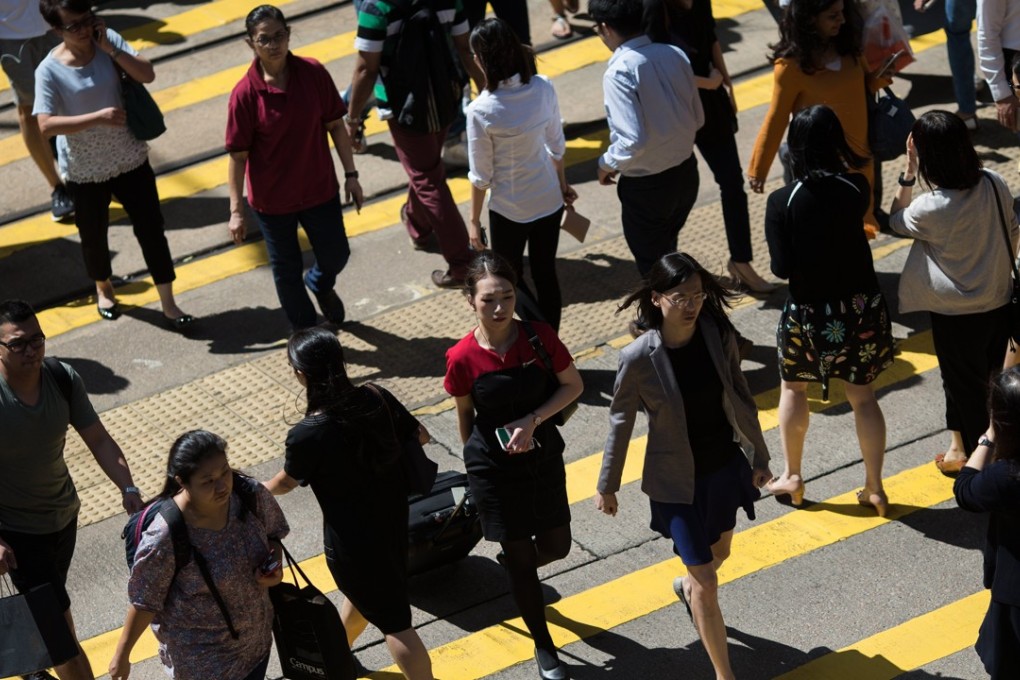The View | Investing in human capital is our best policy option … but cash hand-outs wouldn’t hurt either
Burdened with an ageing workforce, we need to invest heavily in enhancing the human capital of residents, and do more to attract newcomers who possess talent and know-how

I have written very little about Hong Kong’s fiscal role in the economy except to reaffirm the general soundness of positive non-interventionism in delivering inclusive economic growth and civil liberties.
Many of my friends think this is my Chicago School bias. But intellectually I was not a capitalist as a student. I only became a convert after witnessing Hong Kong’s incredible economic success on the ground in the 1970s and some of the follies of government positive interventionism by our neighbours.
I also became acutely aware in the 1980s that the political support for sustaining positive non-interventionism made feasible by colonial rule, would be eroded after 1997 by a more open and contentious political system.
I thought this process would not be a rapid one. But in retrospect, two unforeseen factors severely quickened this erosion: China’s hugely successful economic opening, and technology-driven economic hyper-globalisation. Together they precipitated a total structural transformation of Hong Kong’s economy within a very short span of time.
China’s opening in particular eroded a considerable portion of Hong Kong’s competitiveness because industries moved north across the border and less skilled immigrants came south.
There were no new industries or young captains of industry to replace the losses and I believe the single most important reason is the stagnation and ageing of the labour force.

